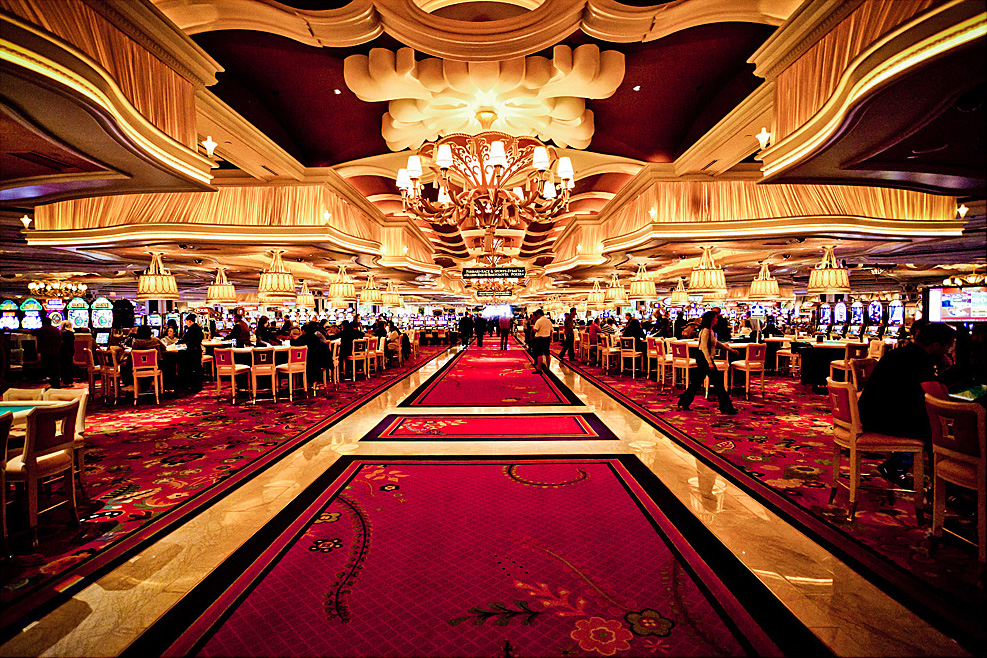
Casino games have long captured the interest of humans around the globe, becoming an integral part of both fun and culture. From the shimmering lights of Las Vegas to the immersive experience of virtual casinos, these games evoke enthusiasm, danger, and sometimes even a sense of nostalgia. They are more than just entertainments; they have woven themselves into the tapestry of society, influencing everything from cinema and melodies to style and literature.
The appeal of casino games transcends the gambling aspect, tapping into wider themes of luck, possibility, and human behavior. As players gather around a card table or spin the roulette, they engage in an ancient ritual that resonates with our shared desire for excitement and unpredictability. This captivation has led to the emergence of countless references in cinema, tracks, and video games, showcasing how deeply entrenched these games are in mainstream culture. Whether it is the intense drama of a traditional caper or the colorful nightlife portrayed in music videos, casino games have carved out a substantial place that reflects our connection with reward.
Social Impact of Gambling Activities
Casino activities have played a key role in social contexts throughout the ages. Originating from old civilizations, forms of chance were often linked to rituals or events. For example, early forms of gambling can be traced back to historic Chinese and the Romans, where die games and betting on results were common pastimes. These games not only functioned as entertainment but also as means of social interaction, facilitating connections among people within societies.
As cultures evolved, so did the sophistication and structure of casino games. The establishment of formal casinos in the 17th century, particularly in Italy, marked a major shift in how games were perceived and structured. With specific spaces for gambling, the casino became a community center where people from various backgrounds gathered. This change contributed to the legitimization of gambling, transforming it from a mere pastime into an organized industry that influenced economy and regulations.
The impact of casino activities on mainstream culture cannot be understated. As they were brought into the limelight in books and film, games such as poker and 21 became symbols of chance, luck, and tactics. Famous figures and stories have emerged around these games, reflecting societal attitudes towards luck, wealth, and immorality. 888b This interest with gambling games has infiltrated various forms of entertainment, solidifying their status in the collective consciousness and connecting them to broader cultural narratives throughout history.
Depiction of Casino Games in Entertainment
Casino activities have long been a popular topic in various forms of media, reflecting both the thrill and nuances of gambling culture. Movies such as Ocean’s Eleven and Casino Royale portray individuals who navigate intense situations, showcasing not only the appeal of the gambling environment but also the tactics and judgments that come with playing popular games like poker and blackjack. These movies often dramatize the thrill of winning and the potential repercussions of losing, encapsulating the perils involved in gambling.
TV programs have also explored the realm of gambling activities, often integrating them into the narrative as a context for character arcs and tension. Shows like Las Vegas depict the experiences of casino workers and patrons, highlighting the lively, often chaotic energy of the gaming floor. Reality shows featuring intense gambling competitions further emphasize the attraction of casino games, drawing viewers into the tension and planning involved in each session. Through these representations, media not only entertains but also prompts conversations about fortune, expertise, and the character of chance.
Video games have increasingly integrated gambling activities into their development, allowing players to simulate the feeling of betting without financial risk. Games within the realm of digital gaming often include online slot machines, poker, and other casino favorites, creating an immersive gameplay that mirrors traditional gambling. These digital representations make casino games accessible to a broad demographic, appealing to both players who indulge and those who enjoy the rush of simulation. As a result, the representation of gambling activities in entertainment continues to shape cultural attitudes and cultural significance, highlighting their place in society and social context.
Effect of Casino Games on Communities
Casino games have a meaningful effect on society, influencing multiple aspects of societal norms and interpersonal behavior. They often serve as a platform for community engagement, where people come together to experience a shared experience. Game nights with friends or visits to casinos become group events that foster connections and create shared moments. This communal aspect enhances the fun value of gambling activities, making them a popular choice for festivities and leisure activities.
Additionally, gambling activities have been depicted in numerous films, TV series, and literature, influencing perceptions and opinions towards gambling and betting. Icons like James Bond playing baccarat or the high-stakes poker scenes in films have embedded these games in the collective imagination. This representation often glamorizes the lifestyle associated with casino activities, attracting new players and influencing trends in both style and conduct. These representations can spark curiosity and lead to a more profound exploration of the intricacies of gaming.
Nonetheless, there are also adverse consequences linked to the popularity of gambling activities. The temptation of quick monetary gain can lead to gambling addiction and financial troubles for some individuals. The community must grapple with these issues, advocating for responsible gambling and awareness of the risks involved. Finding a balance between the entertainment value of gambling activities with the potential for harm is vital to ensure that they continue to be a beneficial aspect of our societal fabric.
